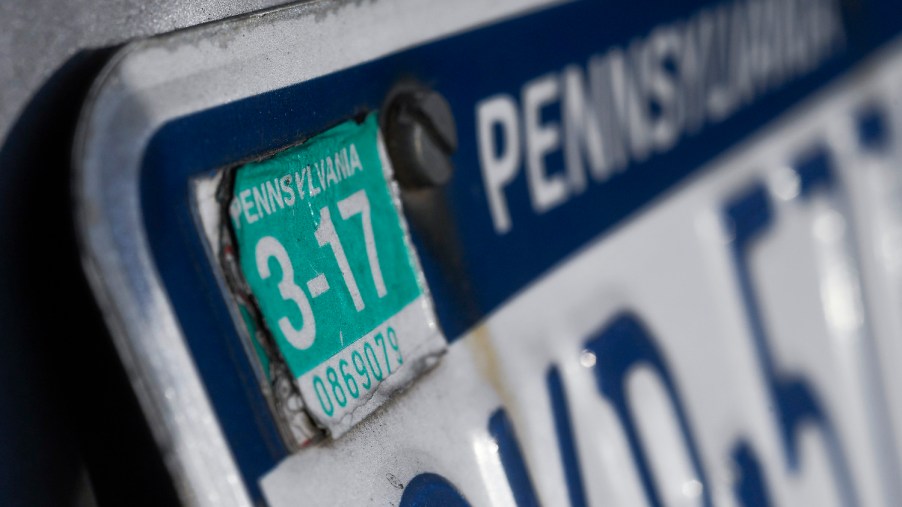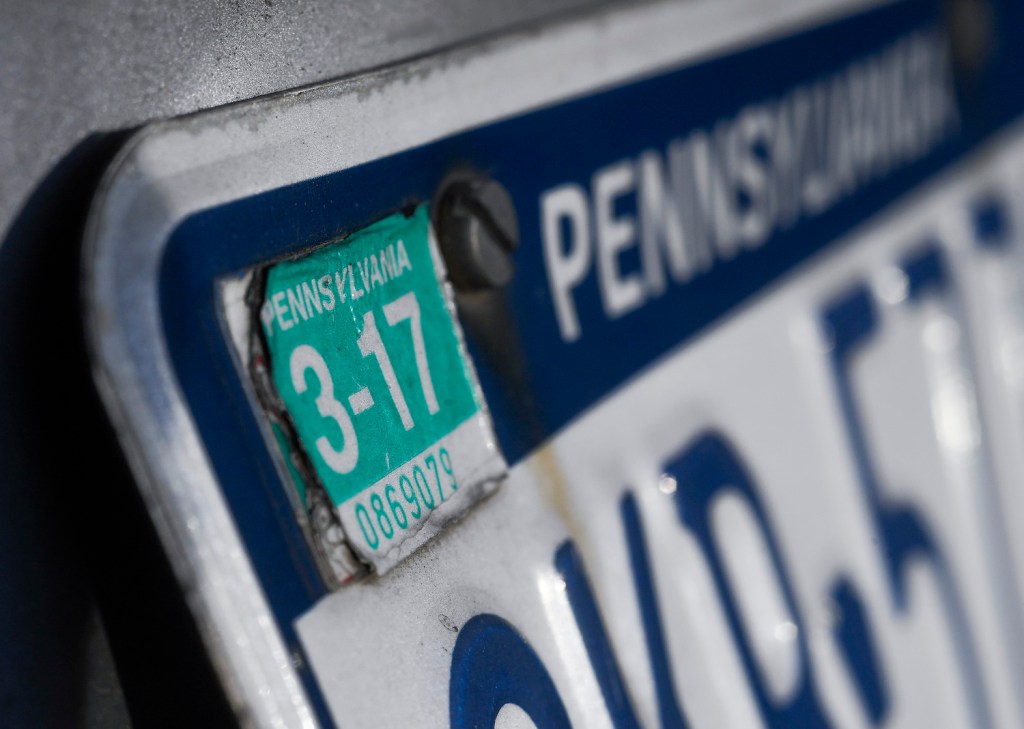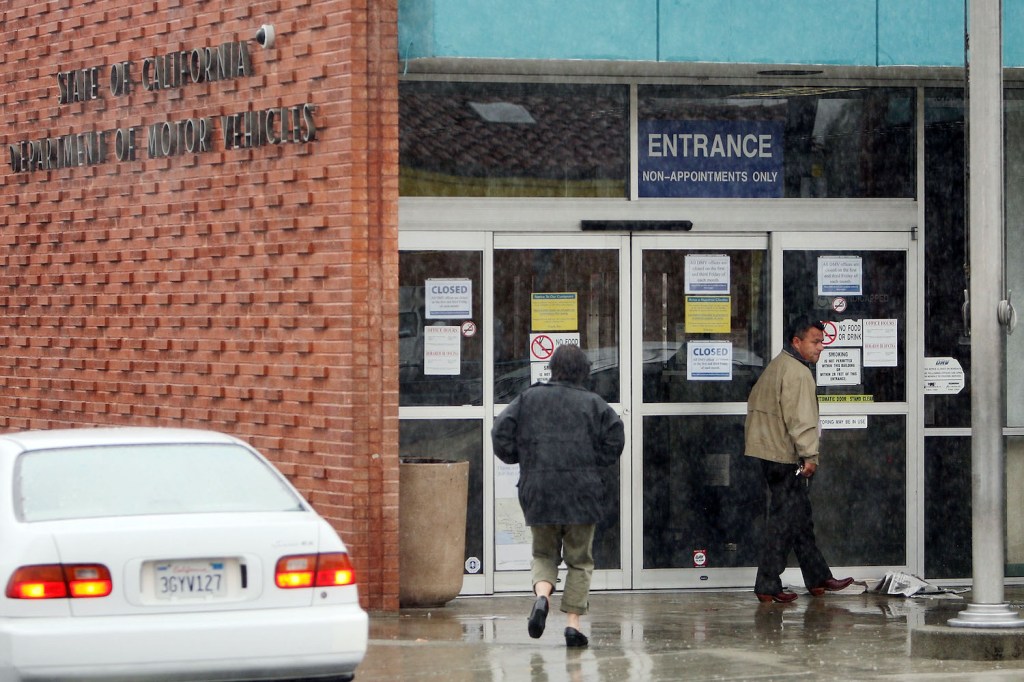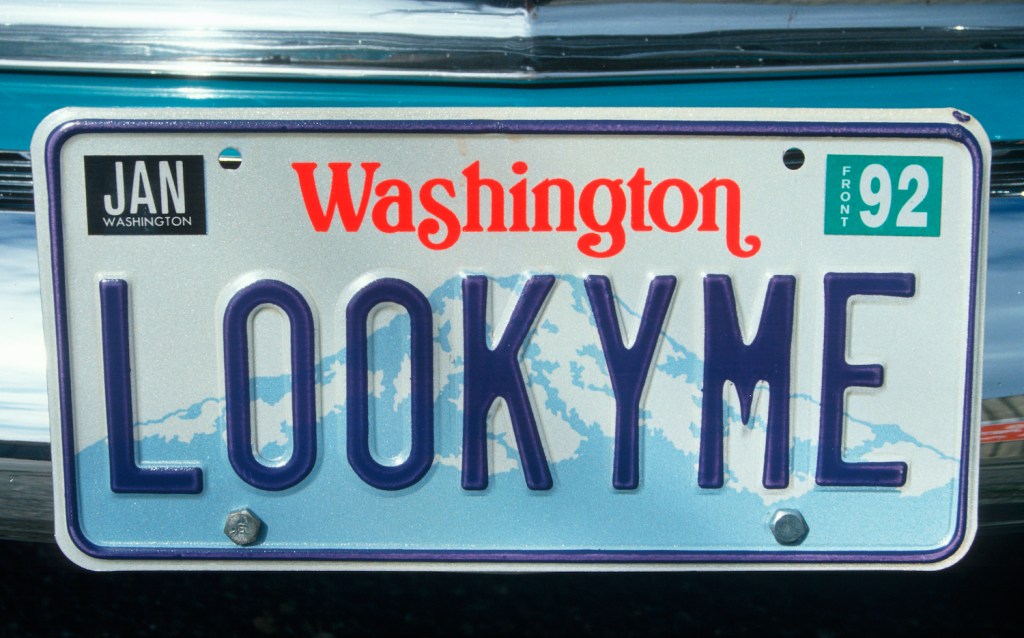
Here Is Why It May Cost More to Renew Your Car’s Registration Tag This Year
When renewing your car’s registration this year, you may find that the amount has gone up considerably. And while car registration fees can vary across the U.S. depending on where you register your car, prepare to possibly pay a steeper price this time around. In case you’re wondering, yes, the rising cost of used cars has everything to do with it.
Why are car registration fees increasing this year?

The value of used cars has increased significantly in the past year, and since some car registration fees nationwide are based on a percentage of what the car is worth, it’s only natural that the fees will increase. For example, in the state of Colorado, the registration fees are charged by the local counties and an “ownership tax” is charged by the state. That ownership tax is based on the vehicle’s value and can range from 2.1% of the taxable value to .45% after the fifth year (or older), according to the NCSL.
However, if you live in a state like Delaware, then you’re lucky enough to pay a base registration fee of $40. We’re unaware if that rate will increase this year as well. But for other states like California or Alabama, residents shouldn’t be surprised if there is a price hike.
The Alabama Department of Revenue told WBRC in a statement: “Property taxes make up a large part of what taxpayers pay. Property taxes are based on a vehicle’s fair market value as of October 1 of the prior year. Due to the recent growth in demand for used vehicles, some market values have increased, resulting in an equivalent increase in taxes.”
Which state has the highest car registration fee?

Oregon has the highest registration fees in the U.S. World Population Review notes that “The Beaver State” charges its residents between $268.50 and $636.50 for new vehicles and between $122 to $306 to renew it every two years. Florida has the highest initial new car registration fee at $225, but that’s a one-time fee.
If you want to save a lot of money on car registration fees every year, then you may want to consider moving to a different state like Arizona. The Grand Canyon State only charges its residents a low fee of $8, however, the state adds a $32 public safety fee. That’s fitting, considering public safety is more important than registering your old Daihatsu.
Can I get pulled over for not renewing my car tag?

Yes, you can get pulled over for driving with an expired tag. Fortunately, the ticket that you will receive is a “non-moving” violation akin to a parking ticket. However, the find to pay for that ticket can vary depending on where you live.
For example, in California, the expired tag can cost around $25, but the penalty for it being expired can cost four to five times more. So the real question is: Is it worth it to drive around on expired tags?
No, definitely not. Not only are you prone to wasting your own time and money by getting pulled over, but considering the money you’ll spend on the penalty, you might as well use it on making the registration up to date. Just don’t be surprised if that registration renewal fee is higher than usual this year.



